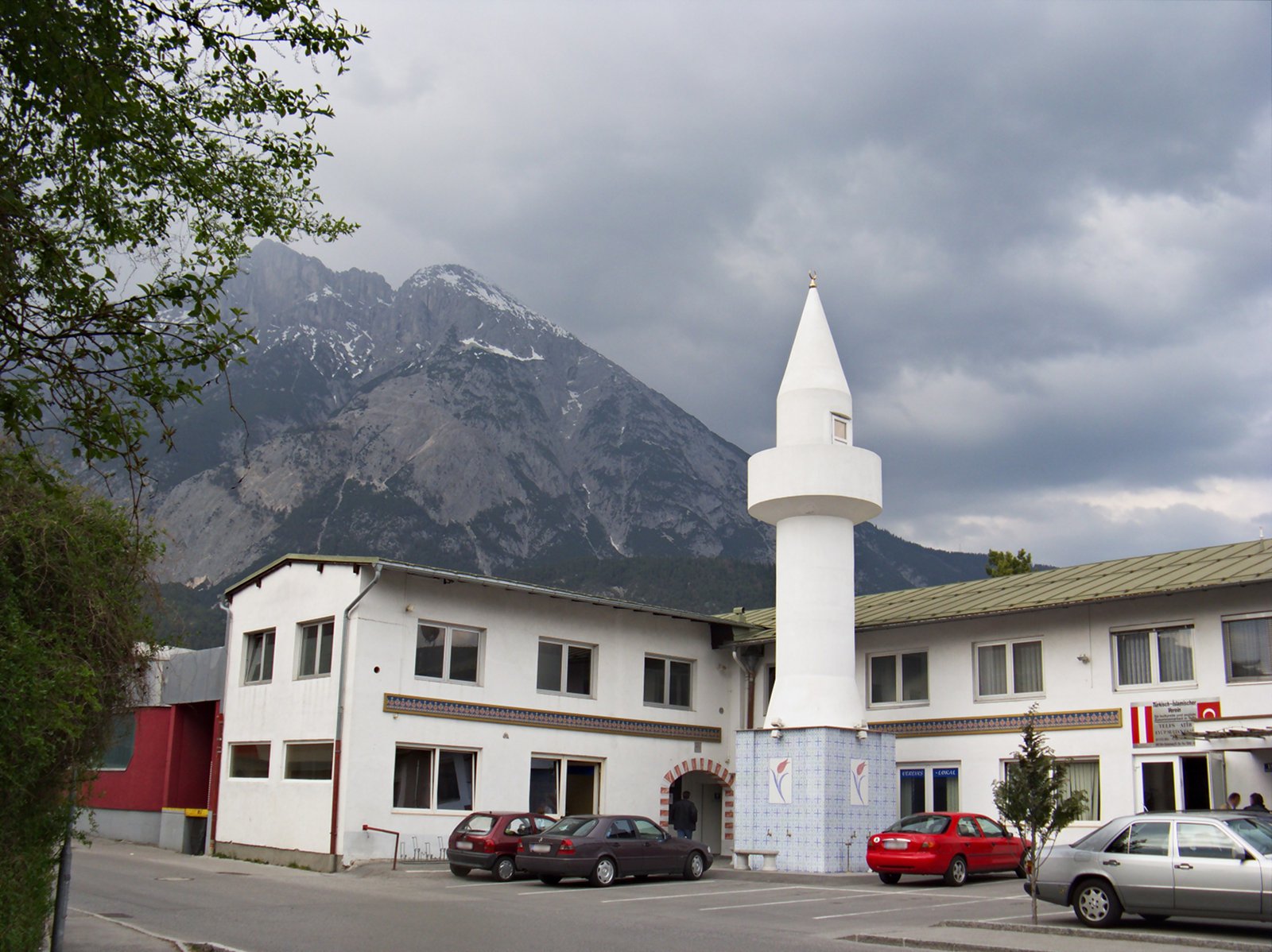Just two years after a lavish ceremony to celebrate the centenary of Austria’s “model” law on Islam, the law is set to be overhauled to ban Muslims from receiving foreign funding and pave the way for a standardised German language version of the Koran. Muslim groups in Austria have expressed disappointment that their government was bowing to “blanket suspicion and mistrust” of the Muslim community.
Muslims make up 6 percent of Austria’s population, and are the second largest religious grouping, after Roman Catholics, in Vienna. Until recently the community enjoyed good relations with their neighbours, but governmental reports on the rise of Islamic militancy have caused nationalist parties to gain ground in the polls in recent months. Around 140 Austrians are understood to have travelled to Syria and Iraq to fight as jihadis, according to Reuters.
“The clear message should be that there is no contradiction between being a faithful Muslim and a proud Austrian,” Foreign Affairs and Integration Minister Sebastian Kurz has told reporters. “If you don’t have orderly legal regulation … this can always bring dangers (of extremism). In this sense, if you like this is maybe a part of prevention.”
Sharia law has “no place here,” he added.
The amended law will prohibit Muslim organisations from receiving foreign funding. One-off grants, such as money left in a will, will be allowed but only if the management of assets is handled in Austria, The Local has reported.
Living subsidies, such as those given to Imams to fund their work will be outlawed. 65 of Austria’s approximately 300 Imams are currently employed by Turkey. They will either have to cease work or find alternative funding.
Muslim organisations will be compelled to teach at least one lesson in German, and community leaders will be dismissed if they have a criminal record. According to the BBC, 60,000 children take part annually in Muslim religion classes in Austria, which are taught in German.
All state-recognised religions, of which Islam is one, will have to offer a standardised German-language version of their doctrines and holy texts, including the Koran. This presents a particular problem for Islam as the draft law bundles together the Sunni, Shi-ite and Alawite traditions. Further issues are created by the fact that Muslims believe the Arabic version of the Koran is the literal word of Allah in Islam, and that any translation constitutes an interpretation.
“If a version of the Koran (in German) comes along as the codified, ultimate (version), then this would contradict the self-conception of Islam,” said Carla Amina Baghajati, spokeswoman for the Islamic Community of Faith in Austria (IGGIO), one of two officially recognised Austrian Islamic organisations.
Speaking more generally about the proposed bill, she said “Among the Muslim base, the law is not seen as a gift for the Eid holiday,” referring to the upcoming holiday of Eid-al-Adha.
“(The bill) mirrors in its overtone the spirit of the times we currently perceive, which is marked by blanket suspicion and mistrust against Muslims,” she added, although she is also optimistic that the draft legislation might still be amended.
However, Kurz was dismissive, pointing out that it had been possible to create unified teaching material for Islamic religious studies in Austrian schools. Last month he told an Austrian radio station that countless translations of the Koran had been created, and that it was in the interest of the Muslim community to eliminate possible misunderstandings. German translations of the Koran have previously been made.
Austria’s 102 year old Law on Islam had previously been seen as a symbol of religious tolerance, as it awarded Muslims in Austria the same rights as those given to Christians, Jews and Buddhists, amongst others, making Islam a state-recognised religion.
Speaking in 2012 at a ceremony held to celebrate the law, Omar Al-Rawi, a Vienna City councillor, praised the law for integrating the Muslim community into Austrian life, saying that it made them feel accepted.
“Austria is a model in Europe in dealing with Islam, but the Austrian Muslims are also a European model,” he said. “The Muslims know that with rights there are also obligations and duties. And if you have a lot of rights and benefits, you also have something to lose.
“Austrian Muslims go all over the world saying we are Austrians, we belong to this country that gave us respect and recognition and gave us a lot of benefits that even some Muslim countries don’t enjoy. And that is why they are very proud saying that they are Austrians.”
Austria’s President Heinz Fischer called for peaceful and respectful relations, saying that, thanks to their legal status, Austria’s official religions were obliged to “respect and accept the laws of the state”.

COMMENTS
Please let us know if you're having issues with commenting.